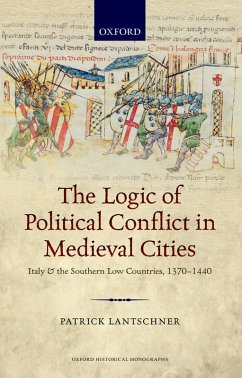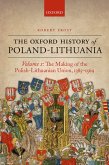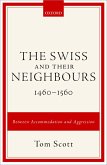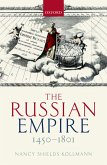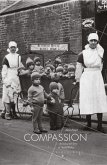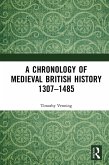This volume traces the logic of urban political conflict in late medieval Europe's most heavily urbanized regions, Italy and the Southern Low Countries. The fourteenth and fifteenth centuries are often associated with the increasing consolidation of states, but at the same time they also saw high levels of political conflict and revolt in cities that themselves were a lasting heritage of this period. In often radically different ways, conflict constituted a crucial part of political life in the six cities studied for this book: Bologna, Florence, and Verona, as well as Li?ge, Lille, and Tournai. The Logic of Political Conflict in Medieval Cities argues that such conflicts, rather than subverting ordinary political life, were essential features of the political systems that developed in cities. Conflicts were embedded in a polycentric political order characterized by multiple political units and bases of organization, ranging from guilds to external agencies. In this multi-faceted and shifting context, late medieval city dwellers developed particular strategies of legitimating conflict, diverse modes of behaviour, and various forms of association through which conflict could be addressed. At the same time, different configurations of these political units gave rise to specific systems of conflict which varied from city to city. Across all these cities, conflict lay at the basis of a distinct form of political organization-and represents the nodal point around which this political and social history of cities is written.
Dieser Download kann aus rechtlichen Gründen nur mit Rechnungsadresse in A, B, BG, CY, CZ, D, DK, EW, E, FIN, F, GR, HR, H, IRL, I, LT, L, LR, M, NL, PL, P, R, S, SLO, SK ausgeliefert werden.

